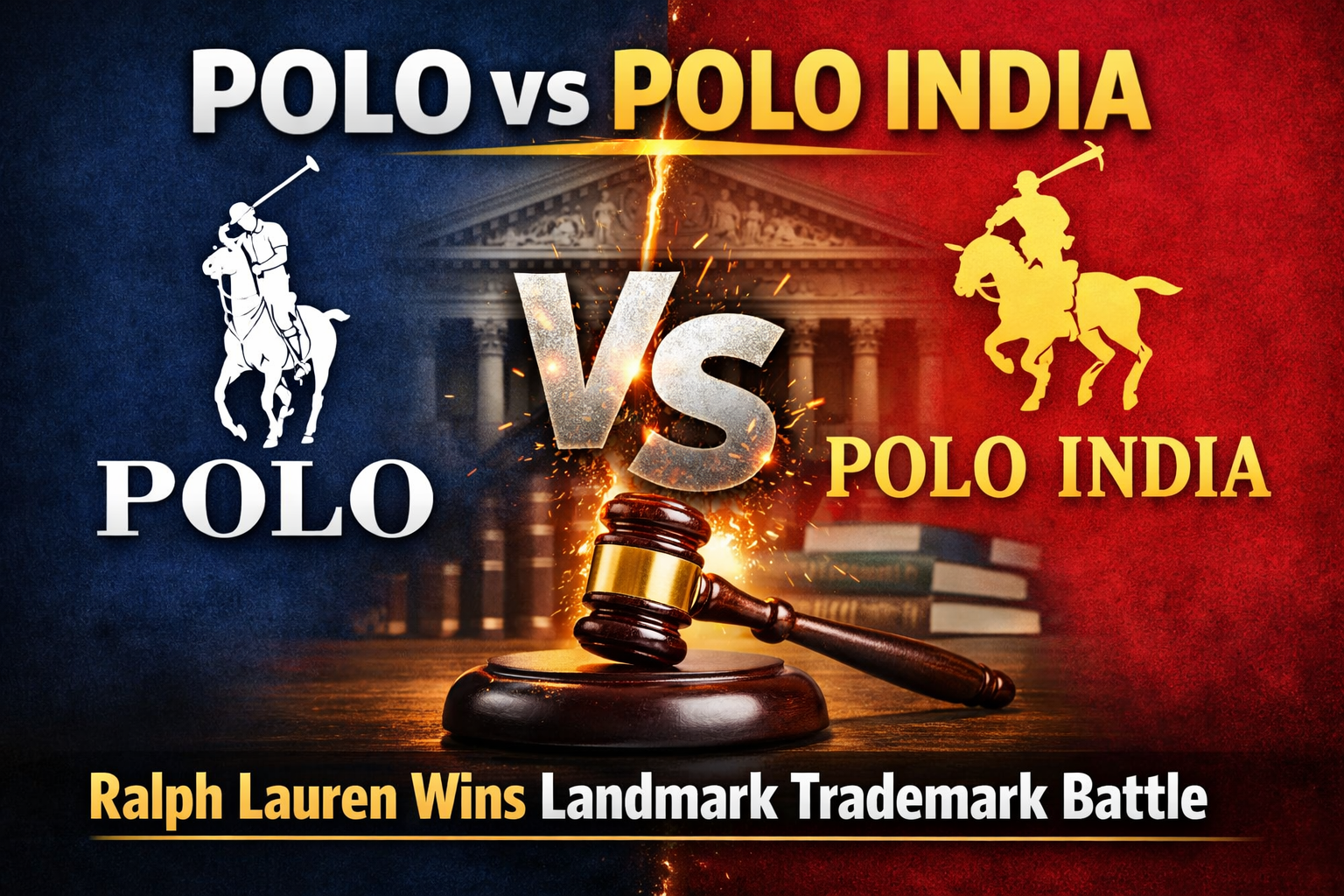
IMPACT OF DOCTRINE OF ACQUIESCENCE ON TRADEMARK RIGHTS
In the dynamic world of trademarks, where brand identity is paramount, protecting your intellectual property rights is crucial. However, even with a registered trademark, businesses can find themselves vulnerable to the doctrine of acquiescence. This legal principle essentially states that if a trademark owner knowingly allows another party to use their mark for an extended period without objection, they may lose the right to later challenge that use.
Understanding the Core Principles:
When it comes to trademarks, one of the key factors in maintaining exclusive rights is actively enforcing those rights against potential infringers. But what happens if a trademark owner allows a third party to use a similar or identical mark for a period of time without raising an objection? This is where the doctrine of acquiescence comes into play, and it can have a significant impact on trademark rights.
What Is the Doctrine of Acquiescence?
In simple terms, the doctrine of acquiescence prevents a trademark owner from later challenging the use of their mark by another party if they have knowingly allowed the use over an extended period. If the owner tolerates or turns a blind eye to the use of a confusingly similar mark without taking action, they may lose the right to enforce their trademark later on. Essentially, by not objecting in time, the trademark owner could be seen as accepting the other party’s use of the mark.
How Does Acquiescence Affect Trademark Rights?
- Limiting Enforcement Options One of the primary consequences of acquiescence is that it can limit the trademark owner’s ability to enforce their rights. If they sit by for a long time while someone else uses a similar trademark, they might lose the right to stop that use. This means that, even if the third party’s use could be considered an infringement, the trademark owner might not have the legal standing to challenge it.
- Protecting Good-Faith Users The doctrine helps protect those who have been using a mark in good faith and have relied on the trademark owner’s inaction. For instance, if a small business starts using a name similar to a registered trademark and the trademark owner doesn’t object for years, the business could argue that they’ve relied on the owner’s silence and shouldn’t be forced to stop using the mark later on.
- Preventing Strategic Delays Without the doctrine of acquiescence, trademark owners could potentially wait until the value of their mark increases before raising objections, allowing them to gain an unfair advantage. Acquiescence prevents this kind of behaviour by ensuring that trademark owners must act in a timely manner to assert their rights.
- Market Stability and Predictability The doctrine encourages trademark owners to be vigilant in protecting their marks, and it provides clarity to others in the market. If businesses know that they cannot safely use a mark similar to another one without risk of future enforcement. This stability benefits everyone involved and reduces the uncertainty that can arise when trademark owners delay enforcement.
- Jurisdictional Differences the way acquiescence is applied can vary depending on where you are. In the European Union, for example, the law is fairly strict, and after five years of acquiescence, a trademark owner may lose the right to challenge the use of a similar mark.
- Impact on International Trademark Protection The doctrine of acquiescence can complicate trademark enforcement in international markets. If a trademark owner has been inactive in one jurisdiction, they might find it difficult to challenge an infringer there later on, especially if the third-party user has built up goodwill and brand recognition over time. Acquiescence in one country may not only affect the trademark owner’s rights locally but could also create difficulties in expanding or enforcing trademark rights internationally.
- Burden of Proof When a trademark owner wants to assert their rights after a period of inaction, the burden of proof can shift to them to show why they should still be allowed to assert exclusive rights over the mark. The infringing party may claim that the trademark owner has waived their rights by allowing the use to continue for years, making it harder for the owner to reclaim exclusivity.
KEY JUDGMENTS OF DOCTRINE OF ACQUIESCENCE
- K.K. Verma v. Union of India (1954) the court highlighted that acquiescence and delay in raising an objection are significant factors in deciding whether the claimant has waived their rights. The principle of acquiescence applies when a person, after knowing about a violation of their rights, does not take immediate legal action.
- Gurbachan Singh v. Union of India (1956) The Supreme Court discussed how long-term silence or delay in objecting to a certain position can be taken as acquiescence to the change, barring the right to challenge it after such a period.
What Does This Mean for Trademark Owners?
Trademark owners need to be proactive in protecting their rights. Failing to enforce a trademark can result in the loss of exclusivity, leaving the owner with fewer options to stop others from using a similar mark. It’s not just about preventing infringement; it’s about actively managing and enforcing those rights to avoid potentially giving up your legal protections.
How Can Businesses Protect Themselves?
For businesses looking to develop their brand, it’s important to do due diligence before adopting a new trademark, and if you’re aware of a similar mark, be cautious about how you proceed. On the flip side, if you’re a trademark owner, stay vigilant. Monitor the marketplace and take action if you see potential infringement. Failing to do so could result in a loss of your trademark rights.
In Conclusion
The doctrine of acquiescence serves as an important legal tool in trademark law. By encouraging prompt enforcement of trademark rights, it promotes fairness and prevents businesses from unfairly gaining the upper hand by waiting for the right moment to challenge others. For both trademark owners and businesses looking to protect their brand, understanding and respecting the doctrine of acquiescence is essential to avoid unintended legal risks and ensure the stability of the marketplace.




Leave a Reply